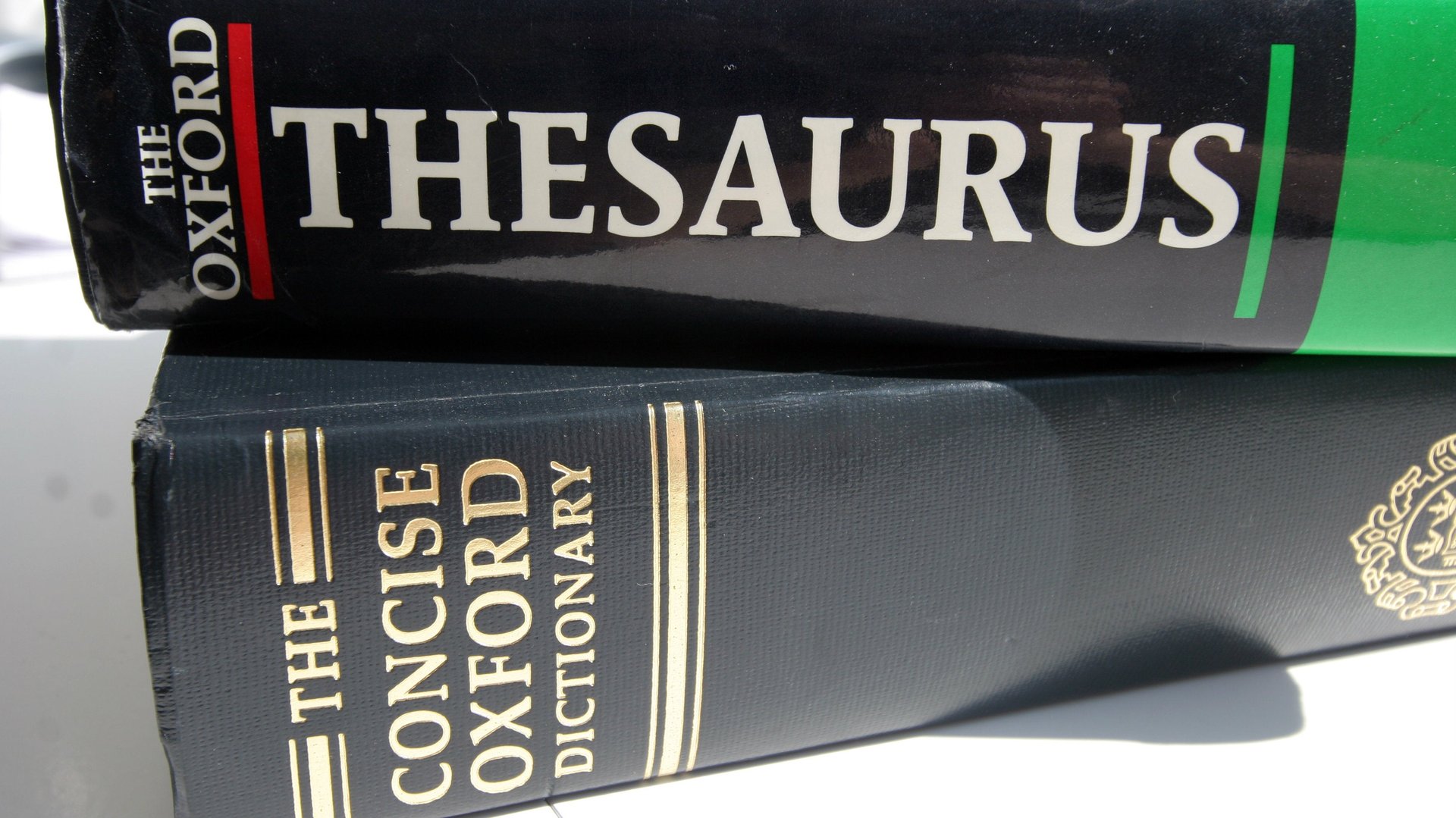“Thing” now has a new definition in the Oxford English Dictionary, thanks to “The West Wing”
A thing wasn’t always “a thing,” until the Oxford English Dictionary made it one.


A thing wasn’t always “a thing,” until the Oxford English Dictionary made it one.
Every quarter, the OED updates its expansive catalog with new words that reflect the changing times. This month, more than 1,200 new words and phrases were added to the list. For example, “woke” and “post-truth” made the cut—the latter was dubbed “word of the year” by the OED in 2016.
What’s really interesting, though, is a new meaning for a very old word: “thing.” Until the latest update, the noun was defined as a way to refer to any object, feature, or event in a loose way (“look at that thing over there”), as a way to describe actions, interests, or points (“don’t you worry about a thing”), and so on.
In the OED’s latest update, the word has gained yet another meaning, “defined as ‘a genuine or established phenomenon or practice’, and is often used in questions conveying surprise or incredulity, such as ‘is that even a thing?’”
Lots of words—such as “friend”, “follow,” and “cloud”—have gained new meanings over time. The Washington Post puts much of this down to the influence of technology and the internet.
In thing’s case, the OED says that TV drama “The West Wing” seems to have popularized the new meaning. According to one West Wing enthusiast, numerous episodes have used the word in this way: “Didn’t you two used to be a thing?” (Sept. 22, 1999) and “So this is gonna be a thing!” (Nov. 3, 1999), for example.
In other etymological news, the dictionary—first published in the late 19th century—also got a new ending: “Zyzzyva.” As we all know, this is the “genus of tropical weevils native to South America and typically found on or near palm trees.” Zythum, a beer brewed in ancient Egypt, was previously the dictionary’s final entry.
So, Zyzzyva is a thing now, too.